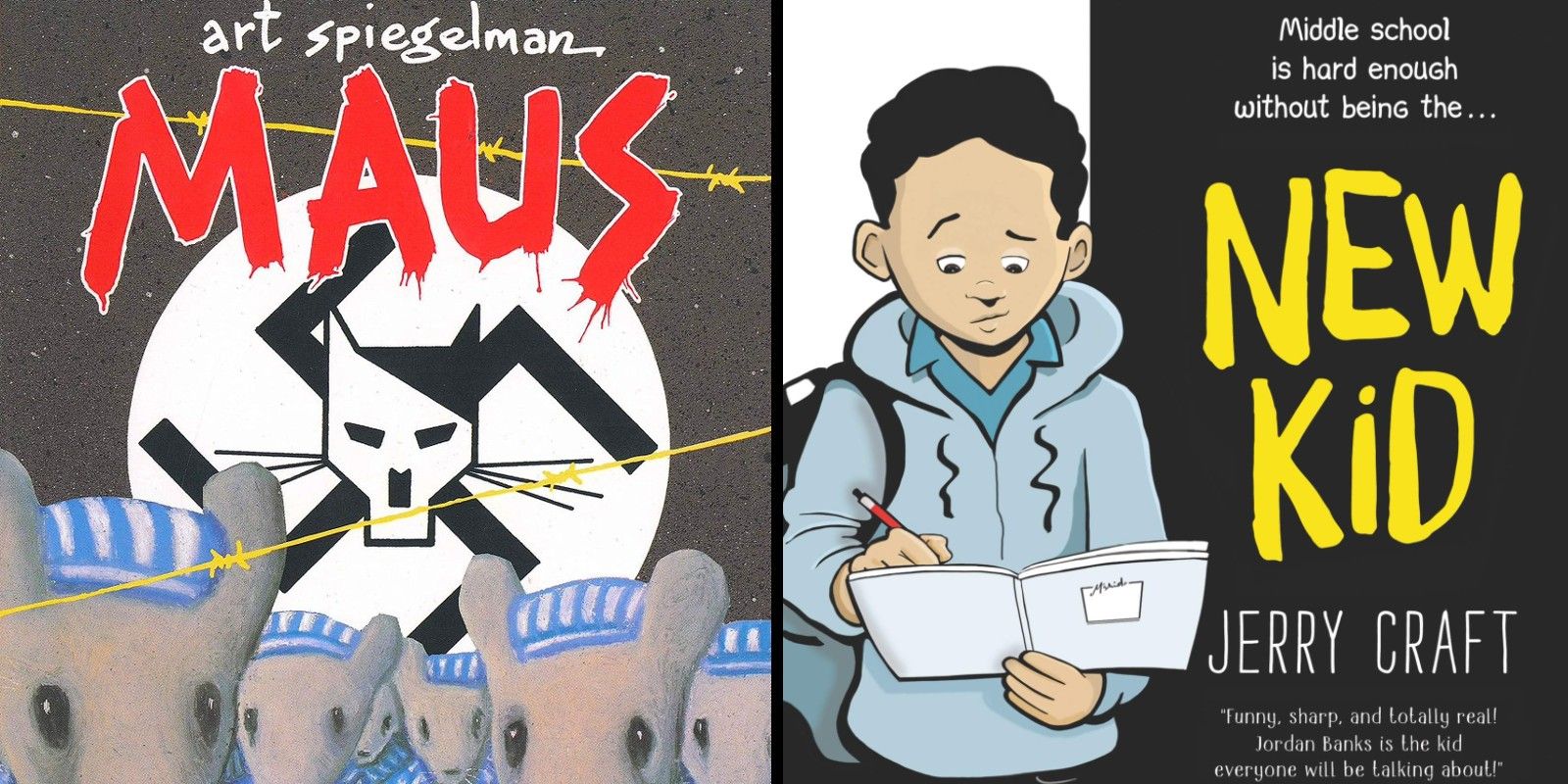A crackdown on prose books and graphic novels has emerged in recent months across the United States, but according to a recent poll, the vast majority of Americans reject the idea of banning books for their depictions of history, politics, slavery and race.
The poll, conducted by CBS News and data company YouGov, was conducted from Feb. 15 to 18 and sampled 2,494 adults from a variety of backgrounds. 83 percent of all respondents felt that books should never be banned for criticizing U.S. history, while 85 percent of respondents agreed that books showcasing political ideas they disagreed with also did not deserve banning. 87 percent said that books should not be banned for depicting slavery or discussing ideas around race.
Other questions on the poll delved more deeply into the idea of race. 68 percent of all respondents said teaching about race in America helped students "understand what others went through." The subject of critical race theory was more divisive, particularly among respondents who identified as Democrats, Independents or Republicans. The vast majority of Democrats (81 percent) expressed favorable views towards critical race theory, while most Republicans (86 percent) held an unfavorable view. Independents were split down the middle, with 47 percent holding a favorable view and 53 percent unfavorable.
Critical race theory posits race is a social construct rather than a biological one, with racism resulting from a combination of factors, including bias embedded in legal systems as a byproduct of history and culture. The concept, despite being roughly 40 years old, has been lambasted by critics who see it as a new means of pitting white people against people of color.
In the literary world, young adult graphic novels by author Jerry Craft were pulled from school libraries in Texas last October following parental complaints that Craft's work promoted critical race theory. Craft's books include New Kid -- the first graphic novel to win the prestigious Newbery Medal -- and Class Act, both of which focus on the experience of children of color in a classroom.
Elsewhere in the U.S., Maus, an acclaimed Pulitzer Prize-winning graphic novel about the Holocaust, was banned in January by Tennessee's McMinn County school board for featuring content inappropriate for school-age children. Author Art Spiegelman, who based Maus on his father's memories of the Holocaust, called the move "Orwellian," as well as a squandered opportunity to teach students about the horrors of the events which led to World War II.
Ironically, the attention generated by the bans led to increased sales for Jerry Craft's books, as well as multiple internet movements to donate copies of Maus to McMinn County residents.
Source: CBS News

